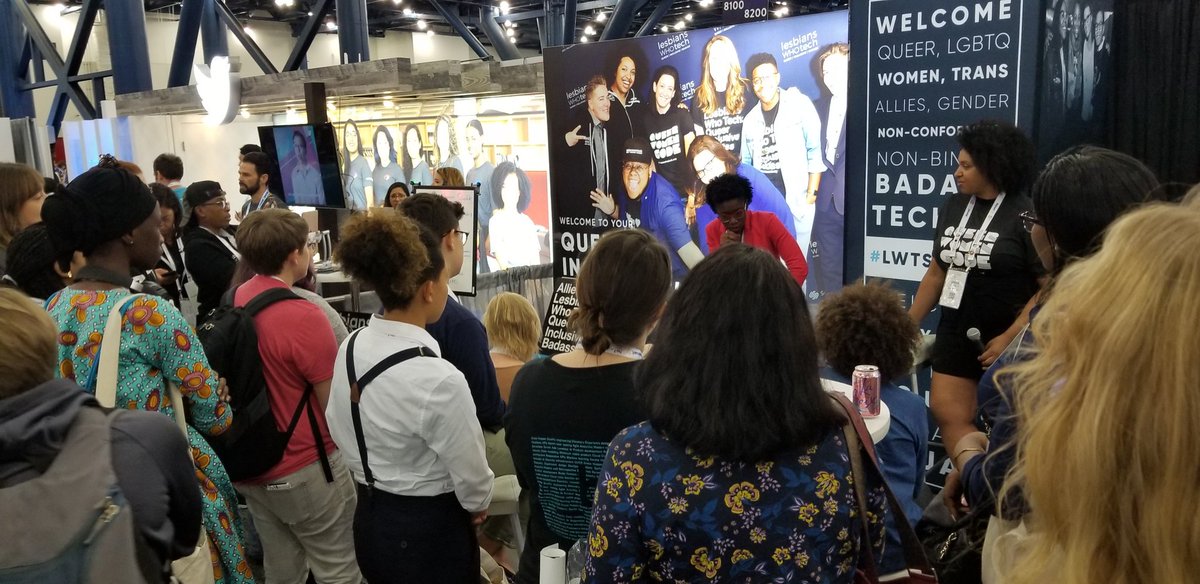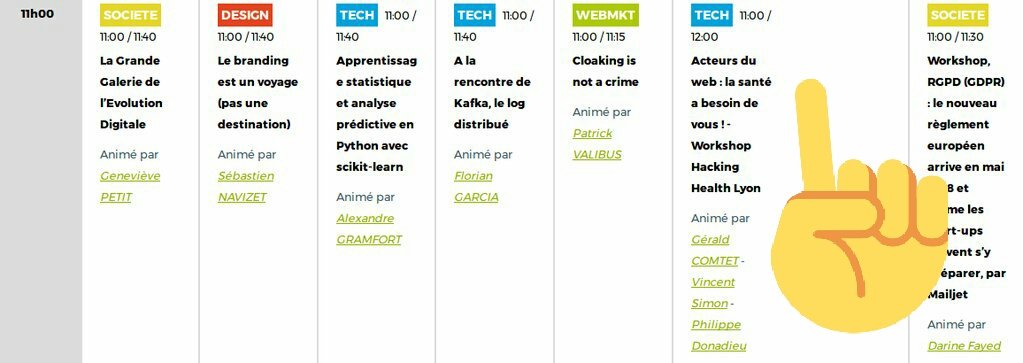A: groupthink as we all read the same papers, large companies with massive PR machines, the belief that good test set performance means you can just go ahead and deploy models in the wild #NeurIPS2018
Caruana: mistakes in real-world ML will hurt people. #NeurIPS2018
A: Wallach & Sutton: press releases before *and* after publication are problematic: they shape how the broader community views our research.
Caruana: healthcare, a traditionally conservative field, is starting to believe DL hype! Concerning. #NeurIPS2018
A: originally, #NeurIPS2018 was *not* blinded. Now we have a weird situation where it's *sort* of blinded. Wallach doesn't advocate getting rid of double blinding: even if imperfect, seeing "anonymous authors" is powerful
A: good if it helps the reviewing load, bad if old reviews bias future reviewers, e.g. if the paper has been updated substantially, but reviewers read old review... #NeurIPS2018
Saria: the issue for reviewers is not *money* so much as *time*
Sutton: money makes it easier to hold people to account for their reviewing
Wallach: the issue is we don't have *enough* reviewers for the number of submissions #NeurIPS2018
Wallach: if we go this direction (for "reproducibility"), do we also mandate data sharing? This will exclude many people in fields such as medicine (me: 🙋), social science, etc. #NeurIPS2018
Wallach: next year the board will meet every 2 weeks (!), but these decisions also need larger involvement
Q: should such papers be rejected?
Caruana: papers are rejected for using private data, how different is that? #NeurIPS2018
First, "is this work appropriate for a conference?"
Second, "does the community think this work is interesting/worth citing?".
Shared code aids in the second round.
#NeurIPS2018
Doshi-Velez: breakout sessions at a workshop on e.g.what does a good paper look like?
Sutton: organise! Find people who care about these issues, write whitepapers, make recommendations
Tom: get in touch with workshop organisers
#NeurIPS2018







